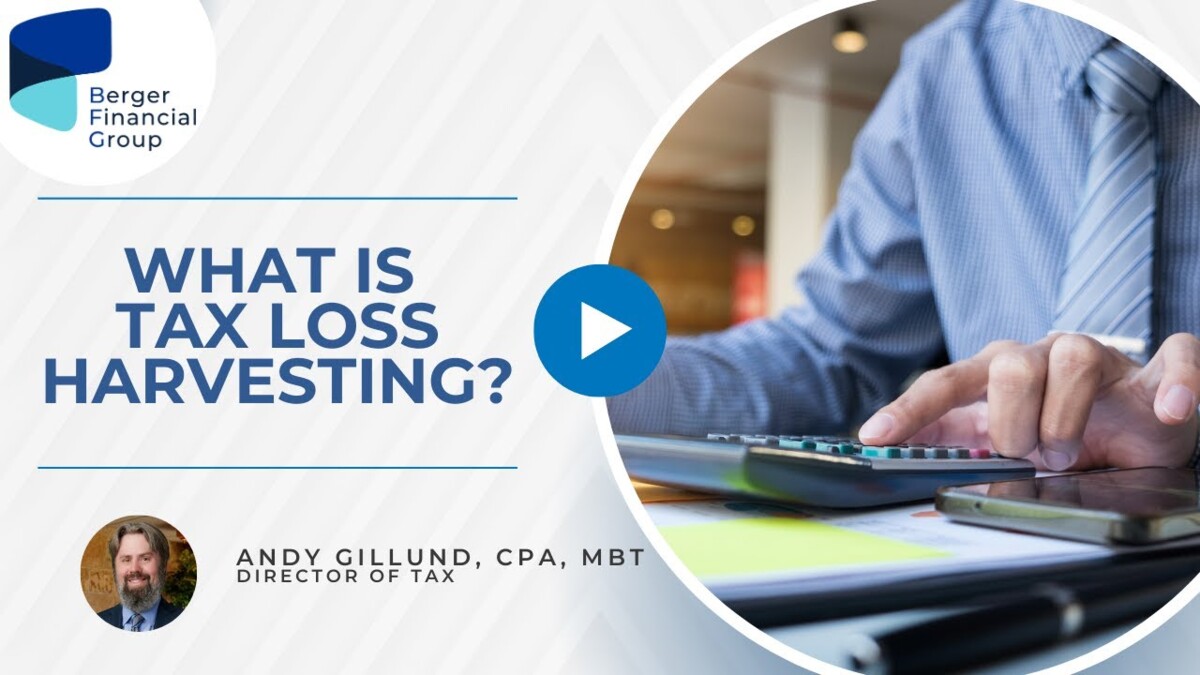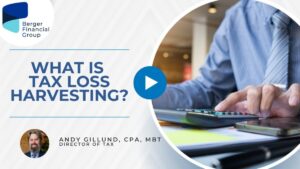Many people assume their tax burden will shrink once they stop working. But retirement often introduces new and unexpected tax challenges. If you’re not careful, taxes can quietly eat into your retirement income, from required distributions to Medicare surcharges. That’s why we encourage clients to explore every opportunity to reduce taxes in retirement. At Berger Financial Group, we help individuals and families throughout Minnesota build tax-efficient retirement strategies that keep more of their money working for them.
Why Tax Planning Doesn’t End After You Retire
Retirement changes how you earn income, but doesn’t eliminate your responsibility to the IRS. Withdrawals from retirement accounts, capital gains, and Social Security can all trigger taxable events. Without proper planning, you could unintentionally push yourself into a higher tax bracket or pay more for Medicare premiums.
We believe proactive tax planning before and during retirement is essential to protecting the wealth you’ve worked hard to build. Here are four key strategies we use to help clients reduce their retirement tax burden.
Use Roth Conversions Strategically
Roth IRAs are powerful tools for creating tax-free income in retirement. But if you didn’t contribute to one earlier in your career, it’s not too late to benefit through a Roth conversion.
What Is a Roth Conversion?
A Roth conversion involves moving funds from a traditional IRA or 401(k) into a Roth IRA. You’ll pay taxes on the converted amount now, but your future withdrawals will be tax-free. This strategy is especially useful:
- In lower-income retirement years, before Required Minimum Distributions (RMDs) begin
- If you expect future tax rates to rise
- As part of legacy planning for heirs
We help our clients analyze the best timing and amount for Roth conversions to minimize the up-front tax hit while maximizing long-term savings.
Takeaway: Converting strategically in lower-income years can help you reduce taxes in retirement and create tax-free income streams for life.
Maximize Health Savings Account (HSA) Contributions
An HSA offers one of the most tax-advantaged ways to save for health care costs in retirement. It’s often overlooked, but it can significantly reduce taxable income now and in the future.
Triple Tax Benefits of an HSA
- Contributions are tax-deductible
- Growth is tax-free
- Withdrawals for qualified medical expenses are also tax-free
After age 65, HSA withdrawals for non-medical purposes are treated like traditional IRA withdrawals – taxable but without penalties. We help clients fund HSAs consistently, especially in the years leading up to retirement when they may be in higher tax brackets and need more healthcare planning.
Takeaway: An HSA isn’t just a health tool; it’s a long-term tax shelter that can ease the burden of medical costs in retirement.
Make Qualified Charitable Distributions (QCDs)
For those who are charitably inclined and over age 70½, a QCD offers a way to give and lower taxable income simultaneously.
How QCDs Work
A QCD allows you to donate up to $100,000 per year directly from your IRA to a qualified charity. This donation counts toward your RMD but isn’t included in your adjusted gross income. We help clients coordinate charitable giving through QCDs as part of a broader retirement distribution strategy, especially when they no longer itemize deductions.
Takeaway: QCDs help fulfill charitable goals and reduce your taxable income without needing to itemize deductions.
Start Pre-Retirement Tax Planning Now
One of the most effective ways to reduce taxes in retirement is to start planning before retirement begins.
Why Timing Matters
Years between retirement and RMDs offer a planning window to:
- Harvest capital gains at lower rates
- Implement partial Roth conversions
- Strategically manage income to avoid IRMAA Medicare surcharges
- Optimize Social Security claiming strategies
At Berger Financial Group, our Retirement & Financial Planning services are comprehensive. We work with clients in their 50s and early 60s to create personalized tax strategies tailored to their projected income, lifestyle, and goals.
Takeaway: Tax savings in retirement begin years before you stop working. Planning early gives you more flexibility and better outcomes.
Strengthen Your Retirement Future With Tax-Smart Planning

Reducing your tax burden in retirement doesn’t require extreme measures; just smart, timely decisions. Tools like Roth conversions, HSAs, QCDs, and proactive tax planning can reduce retirement taxes and improve your savings. These strategies offer clarity, control, and the ability to spend more of your income where it matters most.
If you’re ready to build a retirement strategy that protects your wealth, contact Berger Financial Group today. With decades of proven success and a values-driven approach, we help clients retire with confidence and financial clarity. Let’s work together to build a retirement plan that keeps more of your money working for you.






